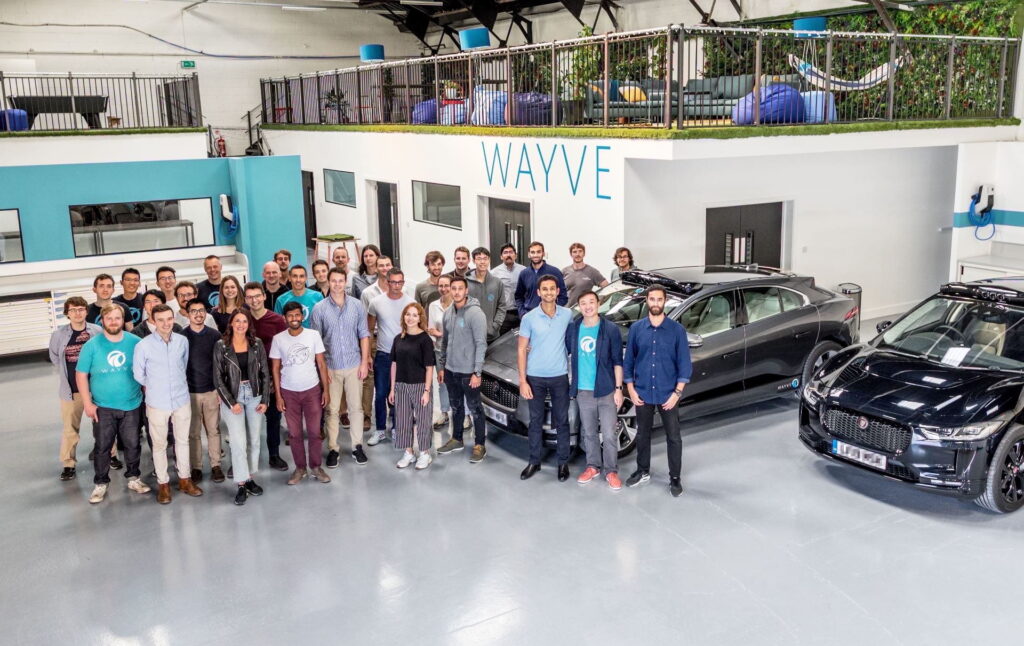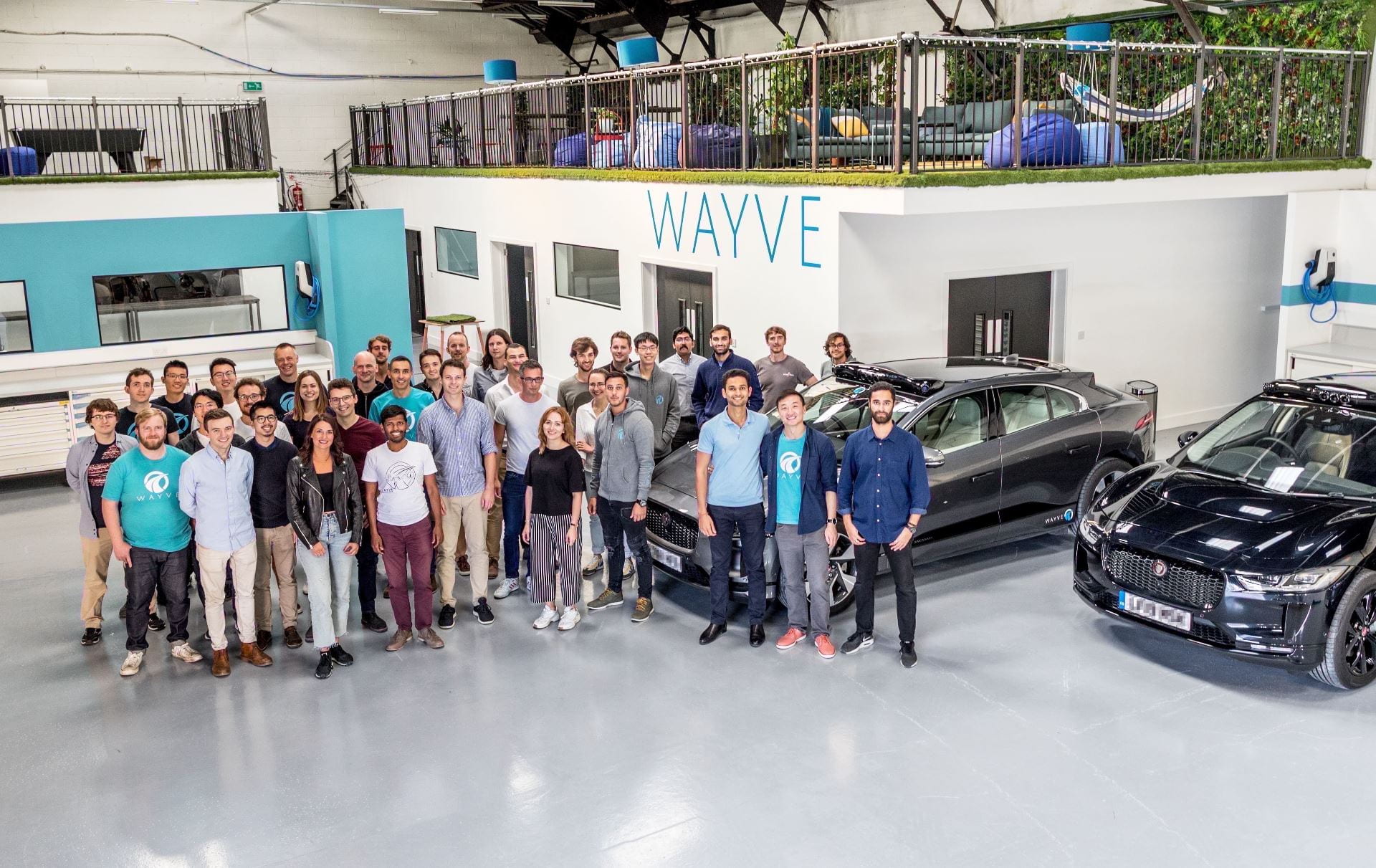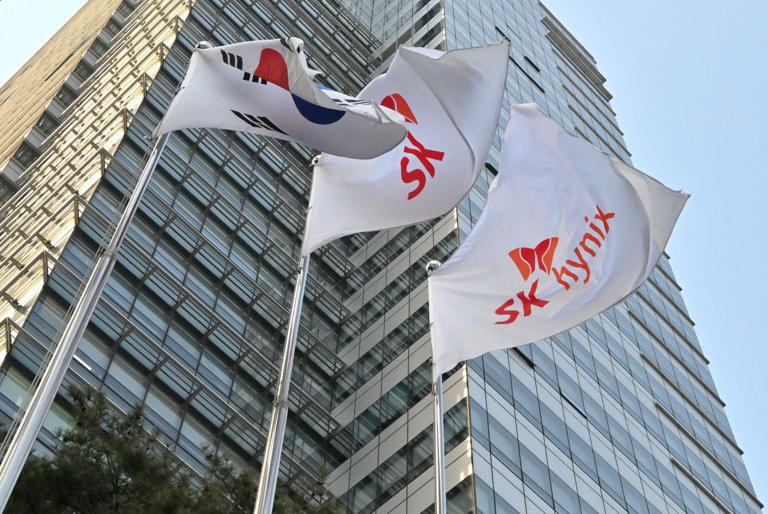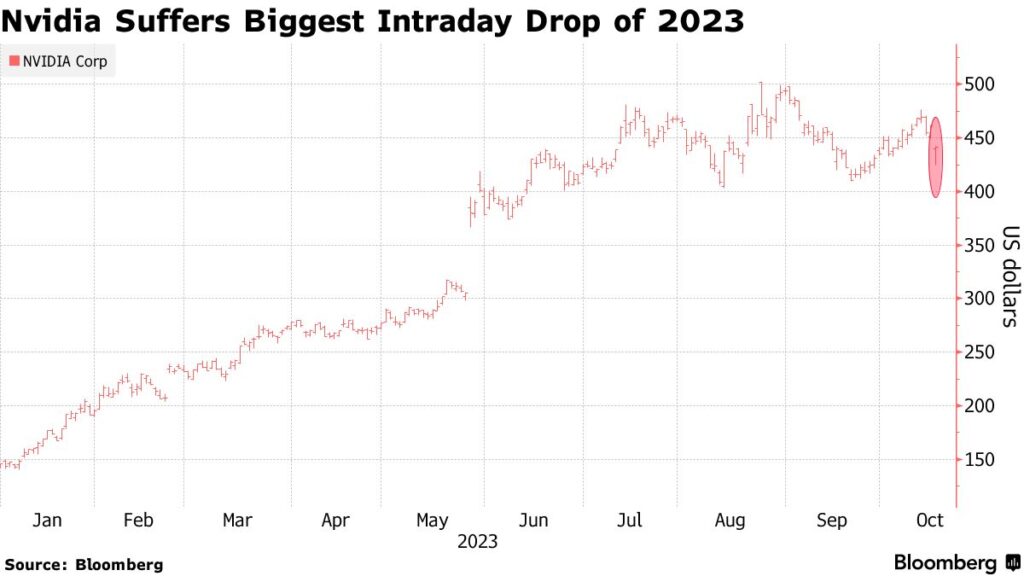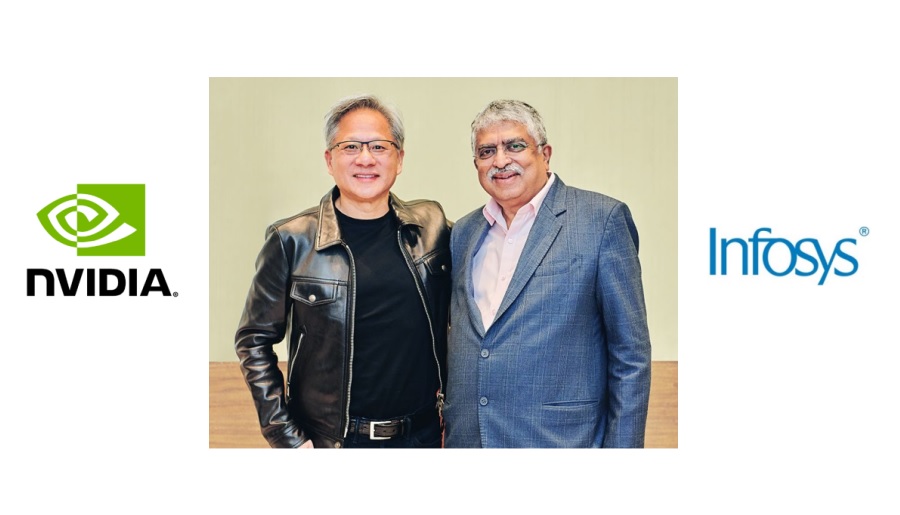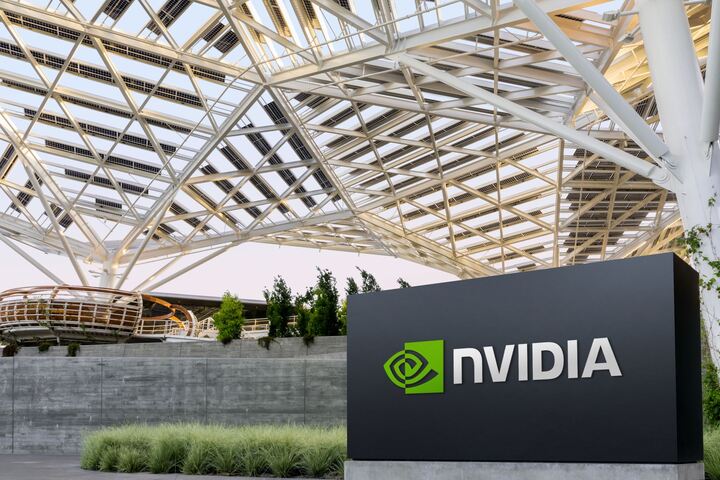The Visionary Journey of Jensen Huang and NVIDIA
In the fast-paced world of technology, certain names stand out as pioneers, visionaries, and game-changers. One such name is Jensen Huang, the co-founder and CEO of NVIDIA Corporation. His journey from humble beginnings to becoming one of the most influential figures in the tech industry is nothing short of remarkable. Let’s delve into the fascinating success story of Jensen Huang, exploring the key milestones and insights that have shaped his illustrious career.
Early Life and Education

Image Source: press.farm
Jensen Huang was born in Tainan, Taiwan, in 1963. His family immigrated to the United States when he was a child, seeking better opportunities. Growing up in rural Kentucky, Huang developed a passion for technology from a young age. He excelled academically and went on to pursue his higher education at Oregon State University, where he earned a bachelor’s degree in electrical engineering. His thirst for knowledge and innovation laid the foundation for his future endeavors.
Founding NVIDIA
In 1993, along with Chris Malachowsky and Curtis Priem, Jensen Huang co-founded NVIDIA Corporation, a company that would revolutionize the world of graphics processing units (GPUs). Their vision was to create a specialized chip for rendering graphics, catering to the burgeoning gaming and multimedia industries. This marked the beginning of NVIDIA’s journey towards becoming a global leader in visual computing and artificial intelligence.
Pioneering Graphics Technology
Under Huang’s leadership, NVIDIA introduced several groundbreaking technologies that redefined the gaming and computing landscapes. The GeForce GPU series, launched in 1999, set new standards for graphics performance and realism, establishing NVIDIA as the dominant force in the gaming hardware market. Subsequent innovations, such as CUDA parallel computing architecture and ray tracing technology, further solidified NVIDIA’s reputation for pushing the boundaries of what is possible in visual computing.
Expansion into AI and Data Centers
Recognizing the transformative potential of artificial intelligence, Jensen Huang steered NVIDIA towards diversifying its offerings beyond gaming. The company’s GPUs proved to be instrumental in accelerating AI and machine learning algorithms, powering applications in areas like autonomous vehicles, healthcare, and scientific research. NVIDIA’s data center business experienced exponential growth, with its GPUs becoming indispensable for organizations handling large-scale data processing and AI workloads.
Visionary Leadership and Impact
Throughout his tenure as CEO, Jensen Huang has been lauded for his visionary leadership and relentless pursuit of innovation. His ability to anticipate industry trends and pivot towards emerging technologies has cemented NVIDIA’s position as a trailblazer in the tech sector. Under his guidance, the company has consistently delivered exceptional financial performance and shareholder value, earning widespread acclaim from investors and industry analysts alike.
Also Read: The Inside Story of Tesla’s Success
The success story of Jensen Huang is a testament to the power of perseverance, ingenuity, and visionary leadership. From humble beginnings to reshaping the future of computing, Huang’s journey exemplifies the limitless possibilities that await those who dare to dream big and challenge the status quo. As NVIDIA continues to push the boundaries of technology, one thing remains certain: Jensen Huang’s legacy will endure as a beacon of inspiration for generations to come.

I am a law graduate from NLU Lucknow. I have a flair for creative writing and hence in my free time work as a freelance content writer.

